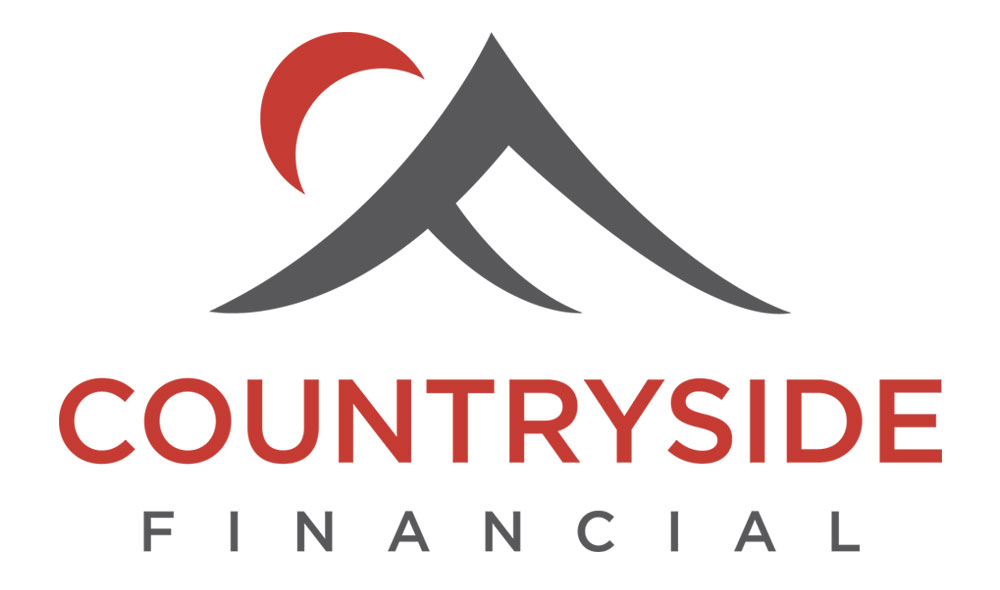Variable Mortgage Rates
Last month we talked about factors that determine fixed mortgage rates. Now we’ll address variable mortgage rates and the factors that may cause a variable rate mortgage rate to move up or down.
The Bank of Canada
To start, we need to recognize the relationship between the Bank of Canada – Canada’s central bank – and our chartered banks.
The Bank of Canada is the federal organization responsible for Canada’s monetary policy, our actual money, our financial system, and is also a bank to the banks. They provide ‘loans’ to chartered banks and charge an interest rate called the “overnight rate”.
Overnight Rate
The interest rate in which banks borrow and lend one-day funds amongst themselves. It is also known as the key interest rate, or the key policy rate.
The overnight rate is directly influenced by the state of our economy whether it is a period of inflation, low-inflation or deflation. So, if our economy is growing more quickly than expected wages and prices start to rise – the overnight rate will increase to slow the chance of inflation.
Whenever the economy starts to weaken and people stop spending, the Bank of Canada will do the exact opposite; lower the interest rates to balance things out.
The Bank of Canada does this by adjusting the target for the overnight rate on eight fixed dates each calendar year.
Setting the Prime Rate
Similar to the way a mortgage rate would influence your purchase decision, the overnight rate influences the chartered banks borrowing and therefore what they choose to set as their own prime-lending rates – the rates offered to their best customers.
The overnight rate changes the cost of lending/borrowing short-term funds and therefore influences the prime rate. Since variable mortgage rates are linked to prime rates, when prime rate goes up, so to will your variable mortgage rate and monthly payments.
Prime +/-
Variable mortgage rates are advertised as Prime plus or minus X%, for example Prime -1.00%, which means that the interest rate you pay is directly related to the Prime Rate, and will fluctuate whenever prime changes.
Example
Let’s say the current overnight rate is 0.25% and the major banks prime rate is 2.45%, and at the time your variable mortgage rate is Prime – 1.00% (2.45% -1.00 = 1.45%).
If the Bank of Canada increases the overnight rate from 0.25% to 0.50% (an increase of 0.25%), the banks will likely follow suit and increase their prime rate by the same 0.25% to (2.45% + .25)
2.70%. Your variable mortgage rate will also change due to this increase in the prime rate, making your new variable mortgage rate 2.70% – 1.00% = 1.70%.
Variable rate mortgages continue to be priced very low as of this writing. Variables also have the added appeal of potentially lower prepayment penalties and better prepayment allowances.
Candace Perko,
Mortgage Broker

























